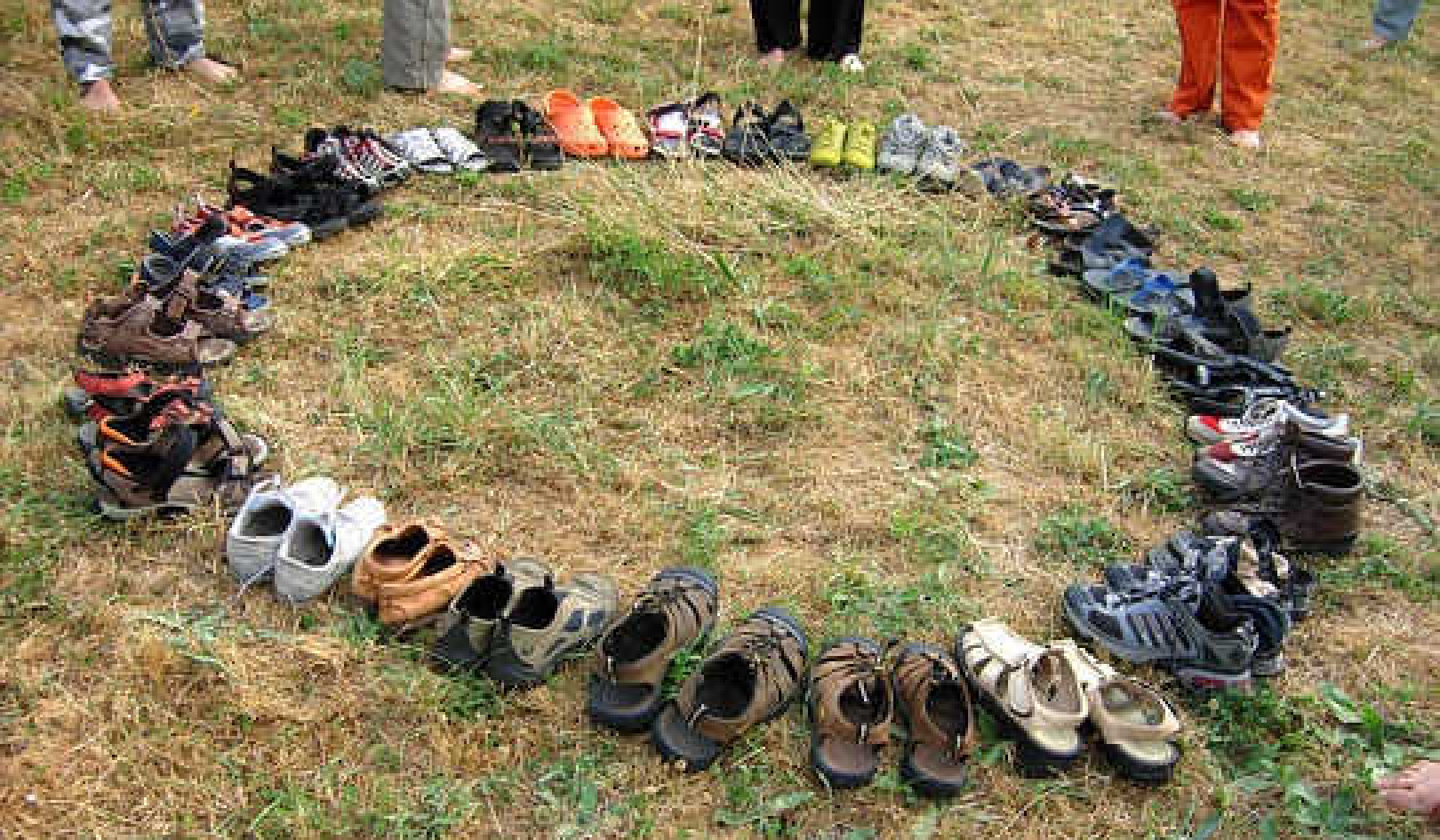
Students who feel a greater sense of belonging with their peers, family, and school community are less likely to participate in bullying, according to new research.
Previous research has shown that, despite great efforts, one in three children continue to experience bullying in school. However, research has also indicated that environmental and psychological factors might play an important role in minimizing bullying behaviors.
The new findings suggest that parents and teachers should consider ways to create a supportive and accepting environment both at home and at school.
Bullying and community
Researchers analyzed survey responses from more than 900 middle school students from rural schools throughout the US. The survey addressed their sense of belonging among peers, family, and school community as well as bullying behavior. For example, researchers asked participants if they upset others for the fun of it or if they spread rumors.
The results indicate that the more a student feels like they belong among their peers and family, the more likely they will feel like they belong at school. In addition, the more they feel like they belong within their school community, the less likely they were to report bullying behaviors.
This indicates that parents might be able to play a proactive role in increasing their child’s sense of belonging at school by focusing on improving a sense of belonging in the family.
Christopher Slaten, an associate professor in the College of Education at the University of Missouri, suggests that one of the ways parents can increase a child’s sense of family belonging is to organize activities that cater to every child’s interests.
“If you have children with varying interests, it might be beneficial to suggest the whole family get together to attend each other’s events and activities, even if it doesn’t please the whole crowd every time,” Slaten says. “By encouraging siblings to support each other, parents can help their children feel like their interests are accepted and that they fit within the family unit.”
What teachers and schools can do
Coauthor Chad Rose, also an associate professor in the College of Education, adds that teachers and school leaders also should consider techniques and programs that create a supportive environment for students. Some examples include starting clubs for students with various interests, offering to lend an ear to students who need someone to talk to, and considering community-building events.
“What we have found is that students’ perceptions of how supportive and accepting their school environment is has the power to alter bullying behavior,” Rose says.
“This means that even acts of simple compassion and efforts to create an accepting and supportive space for students can help prevent bullying in schools. This is empowering news for teachers, students, and their families.”
The research appears in Educational & Child Psychology.
Source: University of Missouri

Related Books:
Here are 5 non-fiction books on parenting that are currently Best Sellers on Amazon.com:The Whole-Brain Child: 12 Revolutionary Strategies to Nurture Your Child's Developing Mind
by Daniel J. Siegel and Tina Payne Bryson
This book provides practical strategies for parents to help their children develop emotional intelligence, self-regulation, and resilience using insights from neuroscience.
Click for more info or to order
No-Drama Discipline: The Whole-Brain Way to Calm the Chaos and Nurture Your Child's Developing Mind
by Daniel J. Siegel and Tina Payne Bryson
The authors of The Whole-Brain Child offer guidance for parents to discipline their children in a way that promotes emotional regulation, problem-solving, and empathy.
Click for more info or to order
How to Talk So Kids Will Listen & Listen So Kids Will Talk
by Adele Faber and Elaine Mazlish
This classic book provides practical communication techniques for parents to connect with their children and foster cooperation and respect.
Click for more info or to order
The Montessori Toddler: A Parent's Guide to Raising a Curious and Responsible Human Being
by Simone Davies
This guide offers insights and strategies for parents to implement Montessori principles at home and foster their toddler's natural curiosity, independence, and love of learning.
Click for more info or to order
Peaceful Parent, Happy Kids: How to Stop Yelling and Start Connecting
by Dr. Laura Markham
This book offers practical guidance for parents to shift their mindset and communication style to foster connection, empathy, and cooperation with their children.

























